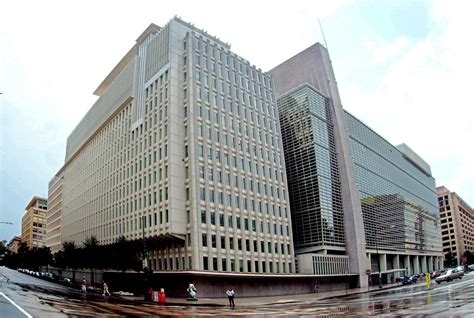For the first time in its history, Ukraine has been classified as an upper-middle-income country by the World Bank, according to its Data Blog published on July 1.

“Ukraine’s upward change in classification resulted from a resumption of economic growth in 2023 (real GDP grew 5.3%, following a drop of 28.8% in 2022) along with a continued decline in population, which has fallen more than 15% since the invasion from russia began,” the report said.
Thesw factors have been further amplified by rising prices for domestically produced goods and services, leading to a significant nominal increase in gross national income (GNI) per capita of 18.5%.
“While Ukraine’s economy was significantly impaired by Russia’s invasion, real growth in 2023 was driven by construction activity (24.6%), reflecting a sizable increase in investment spending (52.9%) supporting Ukraine’s reconstruction effort in the wake of ongoing destruction.”
The World Bank Group classifies the world’s economies into four income groups:
- Low: $1145 and below
- Lower-middle: $1136 – $4515
- Upper-middle: $4516 – $14,005
- High: $14,006 and above.
Classifications are updated annually on July 1, based on per capita GNI for the previous calendar year.
Ukraine falls into the upper-middle-income category, with a GNI per capita of $5070. It is in the same group as Equatorial Guinea and Tonga.
Previously, Ukraine was classified as a lower-middle-income country, and even fell into the low-income category from 1999 to 2001.
The World Bank’s classification uses United Nations data and also includes occupied Crimea and the partially Russian-occupied oblasts of Donetsk, Zaporizhzhya, Luhansk, and Kherson.
On June 25, the National Bank of Ukraine (NBU) reported that GDP growth may fall short of the previously forecast 3%.


